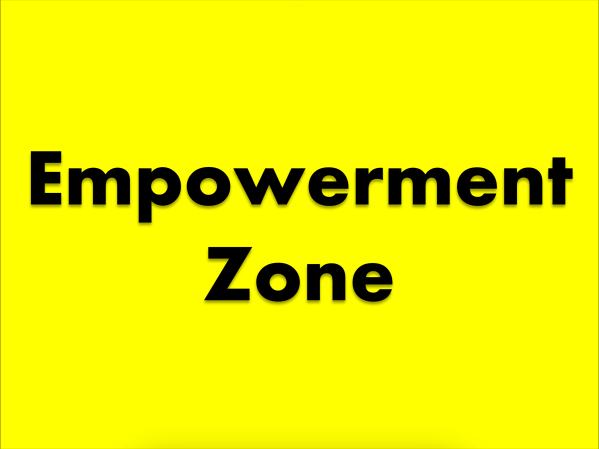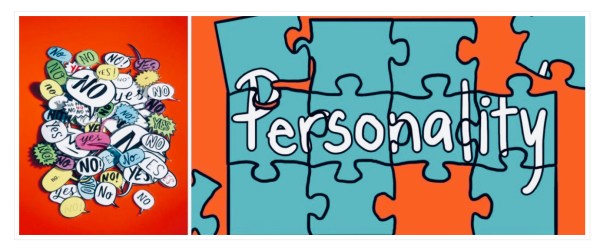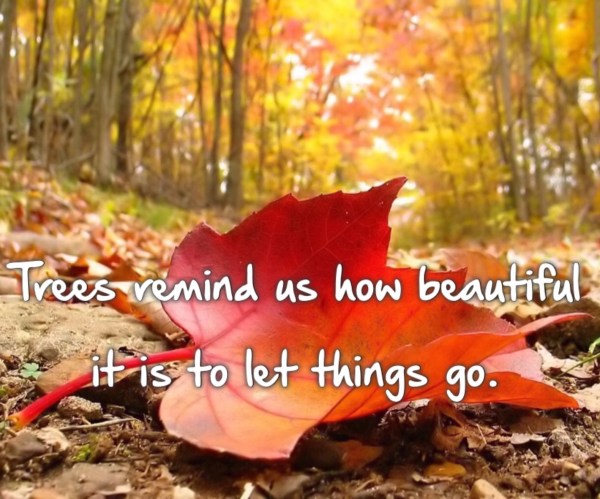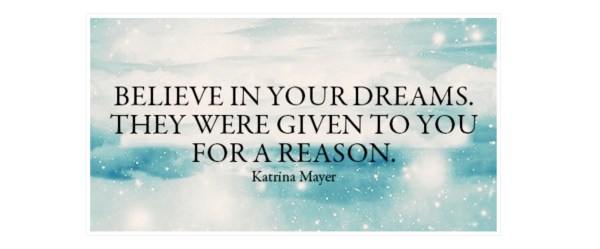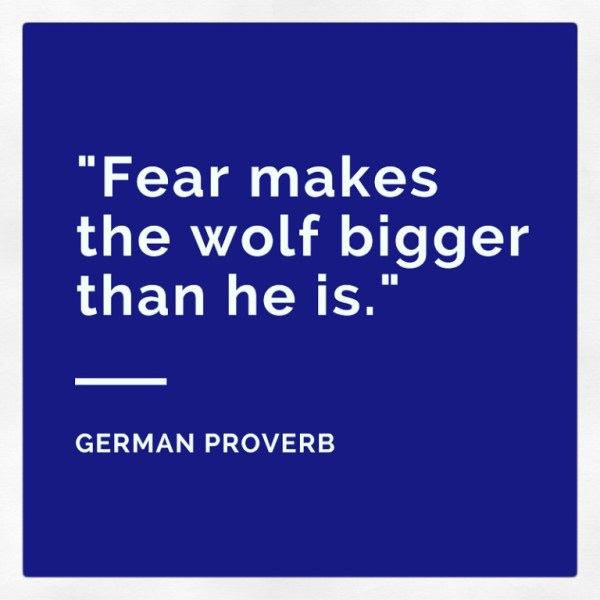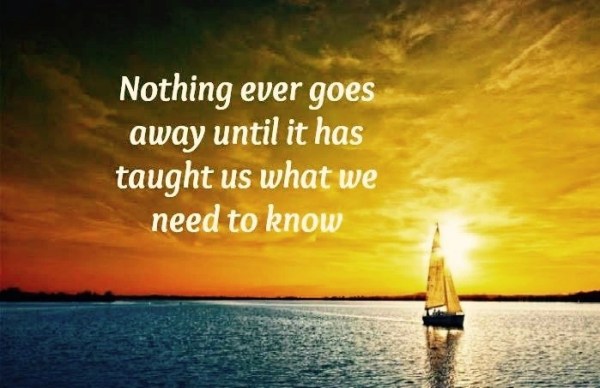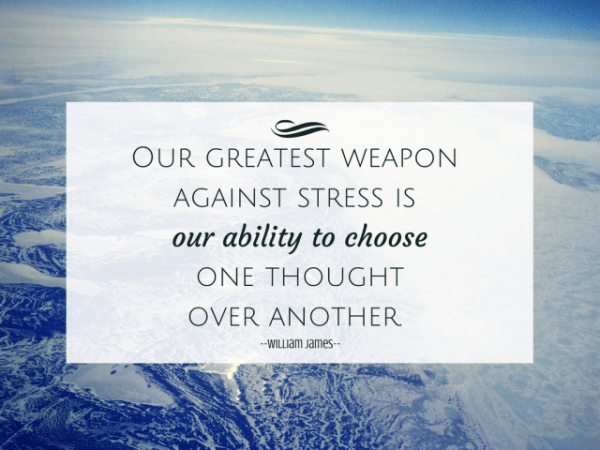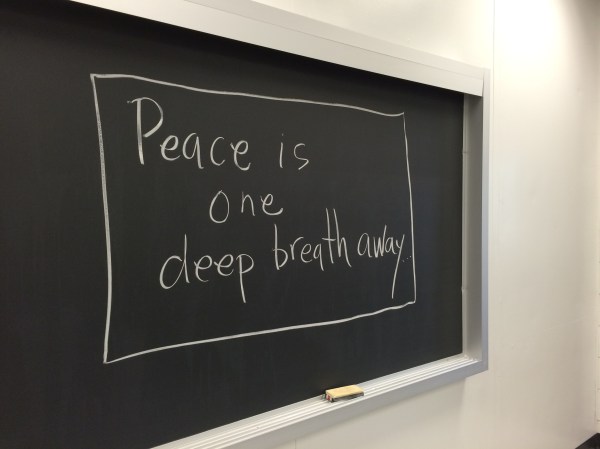https://m.youtube.com/watch?v=cFzHZ8JYVWk We live in a world weighed down by tragedy and adversity. And we have been conditioned to believe that tragedies require tragic mindsets and hardships demand hardened spirits. We also live in a world overflowing with abundance and joy. https://youtu.be/d4C0_7En6ZY But we cannot see the good from the bad when we are blinded by... Continue Reading →
50 Ways to Calm Your Nervous System
https://youtu.be/MXd_bZn1lqo 50 Calming Exercises Light a candle. Notice the flicker of the flame. Open a window. Watch the trees sway in the breeze. Breathe in fresh air. Record last night’s dreams in a journal. Smile while reading this sentence. Dance to a song from your teenage years. Belt out show tunes in the shower. Burn... Continue Reading →
Twelve Days of Self-Care
I am a strong believer in keeping things simple. The less complicated things are, the more likely we are to repeat the behaviour. Especially when it comes to health and happiness habits. https://youtu.be/0i0tuqAmdaw Twelve Days Day 1: Mindful Mornings Add five to ten minutes of relaxation to each of your morning routines. Time expands when... Continue Reading →
Psychology of Body Image: Don’t Believe Everything You Think
https://m.youtube.com/watch?v=9hhtrE8yxCU Perception versus Reality I was motivated to write this post and film an accompanying video after witnessing so many students overwrought by thoughts of inadequacy about how they looked. In reality, there was no doubt that they were healthy and whole, but in their minds, they believed the opposite. A phenomenon heightened by imaginary audience... Continue Reading →
Catch Pause Repair (CPR): Healthy Workplace Awards Keynote Speech
https://www.youtube.com/watch?v=8VvwITnvrhs Healthy Workplace Awards This week I did a keynote speech at the Healthy Workplace Awards Ceremony. Given all we are collectively going through, I thought the notes and video from the keynote would be helpful to everyone. News Release: CTV News Especially as we wrap up this year. A year where we collectively experienced... Continue Reading →
5 Simple Stress Relief Techniques
Life is complicated. Stress management shouldn't be. 5 Stress Relief Techniques 1. Gratitude https://m.youtube.com/watch?v=gXDMoiEkyuQ 2. Breathwork https://m.youtube.com/watch?v=zRSQw-LjU8k 3. Movement https://m.youtube.com/watch?v=d4SyONPkus0 4. sur·ren·der https://youtu.be/I7YD4A900-4 5. This moment https://youtu.be/moc-AtmSSGU Repeat Daily 💕
Celebrate Who You Are: One Size Does Not Fit All
https://youtu.be/0ccXnA3GCME Boundaries, Personality, and Saying No Do you have a difficult time saying no? While others in your life say no without a second thought. Is this confusing and at times upsetting for you? Are you hard on yourself because of this discrepancy between yourself and others? You may be interested to discover that Saying... Continue Reading →
When you change the way you think about things, the things you think about change.
How you perceive stress. Changes everything. Challenge or opportunity? Ending or new beginning? Stumbling block or stepping stone? Coal or diamonds? If you can't change the stress. Change the way you think about it. https://m.youtube.com/watch?v=Yl8hUkZ39dQ Week 2 at College: Short Video
Catch your breath.
“Self-care is giving the world the best of you, not what's left of you." Pause. Be still. Catch your breath. Take a rest. Practice self-care. As often as you can. https://m.youtube.com/watch?v=H8MKH2-QErg Pause at the end of my video ⬆️ for 30 fun self-care ideas. Do you practice daily self-care? Please share in the comments below.
Shed the stress. Let. It. Fall.🍂
This post was inspired by a stressful situation that I couldn't let go of, long beyond its solution. No matter how hard I tried. Day in day out. The worry would reappear. Then someone suggested that I “shed the stress" and a lightbulb went off. Each time the repetitive thought appeared, I imagined a tree... Continue Reading →
Enhance Time and Energy
In the these videos, I share why putting a time limit on negativity enhances time and energy. https://youtu.be/BkKzY-XA-c0 https://youtu.be/jq14fr86-Jk https://youtu.be/RK7EzyPXRPA Pay attention to how you spend time and energy today. Joy needs room to breathe. And so do you. https://drandreadinardo.com/2022/04/16/put-a-time-limit-on-negativity/
Just what the doctor ordered.
What if... What if your doctor prescribed dancing as a fitness activity instead of time on a treadmill or at the gymnasium. Would you be more likely to follow through if exercise was fun and uplifting? This doctor’s prescription for today: Dancing! Which is why I love the commercial below. It's a great reminder that... Continue Reading →
Breathe and Receive.
When I'm struggling to get through a difficult day, I look to the trees for inspiration and refuge. All they do is give. And all we need to do is receive. Again and again. With every single breath. And every single step. Peace lives here.
Work hard. Rest. Repeat.
TO ALL NURSING STUDENTS Including students from all walks of life! If I were to assign any homework this week it would be to take a break. 10 minutes at a time. 5 times a day. Because you have all worked exceptionally hard the past five weeks. And a good rest is half the work.... Continue Reading →
The unexpected benefits of stress
Most people wince every time they hear the word "stress". It's as if the whole world has been conditioned to respond to stress the same way, by word alone. A habitual thought response that is often more dangerous than the stressor itself. What you believe matters. The latest research in psychology examines stress in an entirely new... Continue Reading →
Fear is an illusion.
Don’t be fooled by fear. Look it directly in the eye. Fear distorts reality. Fear exaggerates the truth. Step back. Take a pause. Remember who you are. You have overcome great adversity. You have faced this phantom before. The wolf is a mirage. And so is fear. https://youtu.be/IFjQUwtnqk0?si=jZKRn6dP7QHrTo8d Resources to help you break free: Understanding... Continue Reading →
Life is complicated. Stress management shouldn’t be.
5 Simple Stress Relief Techniques 1. Gratitude https://m.youtube.com/watch?v=gXDMoiEkyuQ 2. Breathwork https://m.youtube.com/watch?v=zRSQw-LjU8k 3. Movement https://m.youtube.com/watch?v=d4SyONPkus0 4. sur·ren·der https://youtu.be/I7YD4A900-4 5. This moment https://youtu.be/moc-AtmSSGU Repeat Daily 💕
It’s ok not to be ok.
https://youtu.be/yCLrqDoNDmo As a positive psychologist, I often write about the bright side of life. Including harnessing strengths, enhancing motivation, and flourishing in the wake of adversity. Not the whole picture While strengths are vital to realizing one's full potential - it's not the whole picture when it comes to living a balanced life. Embrace the downside... Continue Reading →
Teaching Stress Resilience at School
We all have stress. It’s a universal human experience. The key is to not let stress become our identity. Instead, with an open mindset and the right set of resilience skills we have the opportunity to reach a whole new level of purpose and well-being. How can educators help foster stress resilience in their students? https://www.youtube.com/watch?v=NUh9qqA0x3Y&t=410s Stress... Continue Reading →
Are you a highly sensitive person (HSP)?
Psychology Reflection Questions Do you experience more stress than the average person? Are you overly sensitive to external stimuli? Chances are, there is nothing wrong with you or your coping strategies. Instead, your brain may be more sensitive to stress than the average person. You may in fact, be what Dr. Elaine Aron has coined "A Highly Sensitive... Continue Reading →
You were born to thrive!
Do not fear challenge or adversity. Run towards it. Not away from it. Use it consciously. As a stepping stone. To ascend. To soar. To propel yourself forward. To begin again. For strength is ultimately built from challenge, from difficulty, from overcoming. You were born to thrive! https://m.youtube.com/watch?v=ento8DliEOs
Stressful Times: Empowering Life Lessons
Question your stress. It has something to teach you. Psychology Worksheet 1/ Identify a stressor / challenge in your life. Be specific. For example: Not enough money. Too busy. Lack of sleep. Pushy relative. Your Answer: ______________________________ 2/ What is this stressor / challenge trying to teach you? For Example: Slow down. Change jobs. End... Continue Reading →
Fear and Anxiety Solutions
FEAR ->Forget Everything And Run. Each time we feel threatened (threat is the fundamental definition of stress) our first instinct is to "fight or flight". PUFF UP or Shrink. This perpetual "fight or flight" response loop eventually creates a host of secondary problems, above and beyond, the original stressor (or oppressor). It does not matter how we... Continue Reading →
The Upside of Stress
Most people wince every time they hear the word "stress". It's as if the whole world has been conditioned to respond to stress the same way, by the word alone. A habitual thought response that is often more dangerous than the stressor itself. It’s Time to Rethink Everything Including how you have been conditioned to “think”... Continue Reading →
Curing the disease to please. One no at a time.
"You can be a good person with a kind heart and still say no." The Beauty of NO. When you learn to say no to something you no longer want to do, to people you no longer want to spend time with, to projects you no longer have time for, your world does not get smaller.... Continue Reading →
Peace begins within
https://youtube.com/shorts/zRSQw-LjU8k?feature=share A glimpse of my psychology classroom. Today’s Reminder to Breathe.🌿 Related Post: The Sweet Spot
Psychology Tips for Managing Time, Energy, and Negativity
"HOW WE SPEND OUR TIME IS HOW WE SPEND OUR LIVES." In the following videos, I share techniques for enhancing time and energy with mindfulness and positive psychology: https://youtu.be/BkKzY-XA-c0 https://youtu.be/jq14fr86-Jk https://youtu.be/RK7EzyPXRPA https://youtu.be/N7ttX6h_D8o https://drandreadinardo.com/2022/04/16/put-a-time-limit-on-negativity/ TAKEAWAY Pay attention to how you spend your time and energy today. Joy needs room to breathe. And so do you.
What’s your stress threshold?
Recently, a fellow blogger asked an excellent question regarding tipping points and stress response. They were curious to know if each of us has a tipping point when it comes to stress management. And if so, how does it differ from person to person. I love questions like this because they encourage me to dig deep, reflect,... Continue Reading →
Follow your feelings.
Instead of focusing on what you want TO DO. Focus on how you want TO FEEL. Desired Feeling ⇔ Supporting Behaviour Strong ⇔ Move your body. Valuable ⇔ Help someone. Lighthearted ⇔ See a funny movie. Joyful ⇔ Go dancing with friends. Free ⇔ Unshackle from daily regimes & routines. Inspired ⇔ Spend time with... Continue Reading →





